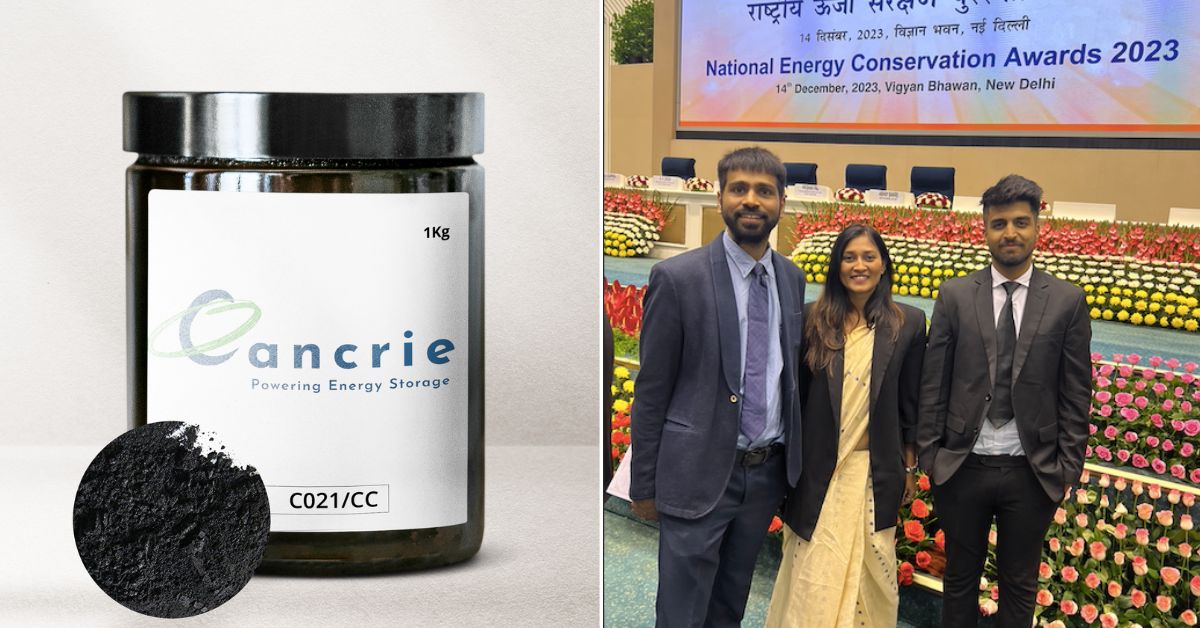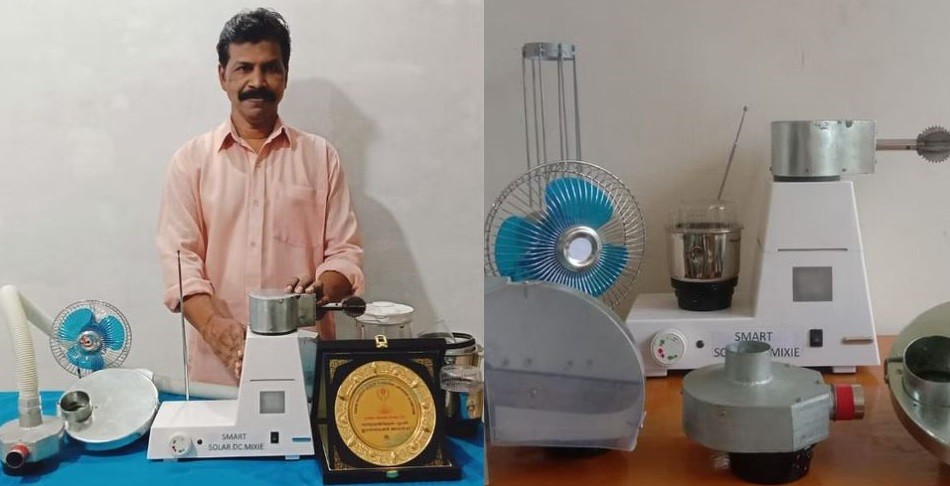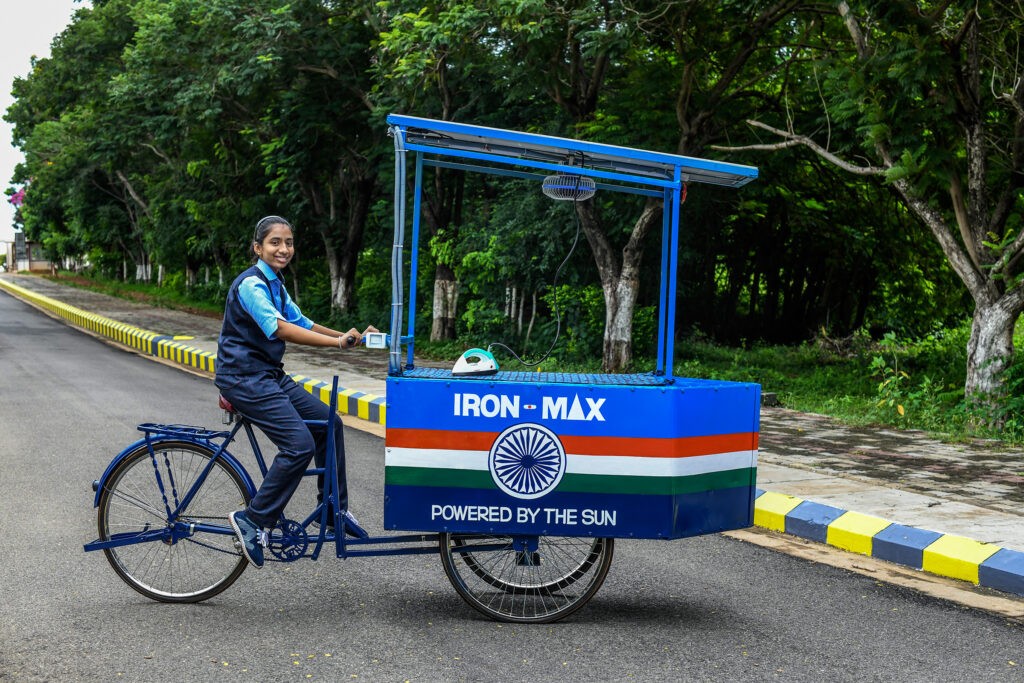Cancrie
Nanocarbon for Batteries from Coconut Shells.
Energy & Utilities
·
4 min
Innovation Type:
Product
Technologies Involved:
Advanced Materials
Stage of Innovation:
Market-Ready / Commercialization
Market Segment:
B2B
Impact:
Environmental
Team:
1) Akshay Jain
2) Mahi Singh
Project Start Year:
2020
Project Stage:
Registered Startup / Entity
Competition / Event Name:
Not Applicable
About
Akshay Jain and Mahi Singh from Jaipur have developed a sustainable EV battery using nanocarbon derived fromcoconut waste. Their startup, Cancrie, leverages this eco-friendly material to enhance battery life and efficiency, offering an alternative to traditional lithium-ion batteries. The innovation aims to reduce electronic waste and reliance on non-renewable resources, contributing to a greener energy ecosystem. This technology holds promise for improving the sustainability of electric vehicles.
How it works
Cancrie’s technology extracts nanocarbon from coconut waste, which serves as an active material for electric vehicle batteries. This nanocarbon improves battery efficiency, enhances charge cycles, and offers a sustainable alternative to lithium-ion cells. The process promotes circular economy principles by converting agricultural waste into high-performance battery components, reducing environmental impact and resource dependency. This innovation contributes to greener EV solutions.
Applications
Electric Vehicles (EVs): Enhances battery performance, extending range and lifespan.
Energy Storage: Useful in renewable energy systems, offering sustainable storage solutions.
E-Waste Reduction: Utilizes coconut waste, promoting eco-friendly alternatives to lithium-based batteries.
Sustainable Mobility: Supports the shift toward greener transportation by minimizing reliance on non-renewable resources.



